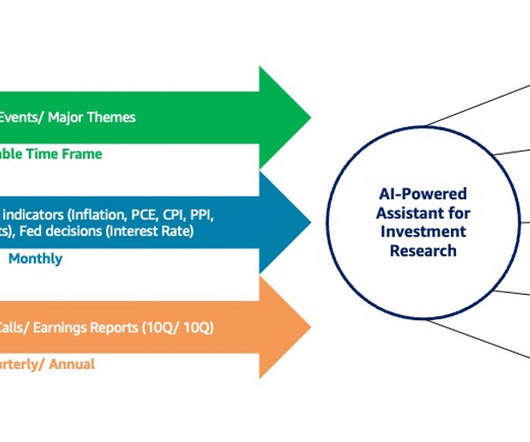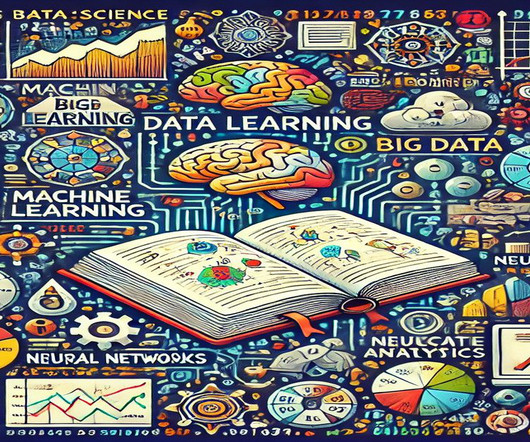Skills Required for Data Scientist: Your Ultimate Success Roadmap
Pickl AI
MAY 29, 2024
Mastering programming, statistics, Machine Learning, and communication is vital for Data Scientists. A typical Data Science syllabus covers mathematics, programming, Machine Learning, data mining, big data technologies, and visualisation. What does a typical Data Science syllabus cover?












Let's personalize your content